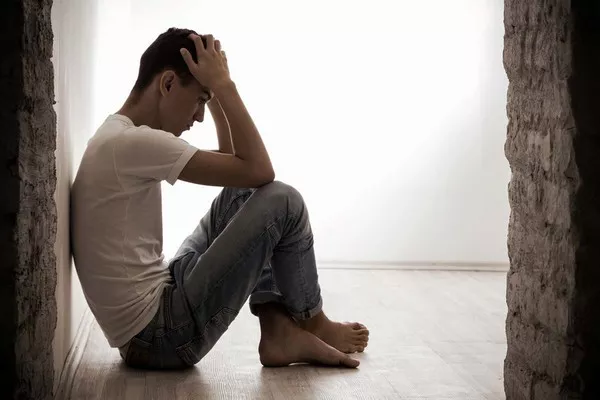A recent national survey conducted by Myriad Genetics, known as the GeneSight Mental Health Monitor, sheds light on the pervasive impact of poor mental health on Americans’ sense of time. The survey, which involved 1,000 U.S. adults and was conducted in collaboration with ACUPOLL Precision Research, highlights the significant toll mental illness takes on individuals’ lives.
According to the findings published in April, a staggering 44% of respondents reported feeling that they have lost time in their lives due to poor mental health. This sentiment was even more pronounced among individuals diagnosed with depression and/or anxiety, with a striking 78% expressing a sense of time lost.
Debbie Thomas, EdD, a psychiatric nurse practitioner, emphasized the subjective experience of time for individuals grappling with mental health issues. She recounted insights from a patient who described counting down the hours until bedtime, underscoring the profound impact of depression and anxiety on one’s perception of time.
The survey revealed that poor mental health not only robs individuals of time itself but also prevents them from fully engaging in significant moments and milestones. Over 70% of respondents reported being unable to be fully present during important events, while more than half of those with depression and/or anxiety admitted to missing out on major life events due to their mental health struggles.
Feelings of guilt, hopelessness, and self-criticism were common among individuals who missed milestones due to poor mental health. Furthermore, a significant portion of respondents cited ineffective mental health treatments as a contributing factor to missing significant events.
Sharon Philbin, MSN, an advanced practice registered nurse, highlighted the emotional toll experienced by individuals who feel they have lost time to depressive episodes or anxiety. Many patients express a sense of loss, which compounds their mental health challenges and contributes to ongoing concerns about future episodes.
Interestingly, only a small fraction of respondents reported feeling “ready to take on the world” following a depressive episode. Instead, feelings of exhaustion, disillusionment, and disappointment were prevalent among individuals emerging from such episodes.
While the survey relied on self-reported diagnoses of depression or anxiety, the nuanced experiences and variations within these disorders remain unclear. Nonetheless, the findings underscore the urgent need for improved mental health support and effective interventions to address the pervasive impact of poor mental health on individuals’ lives.


